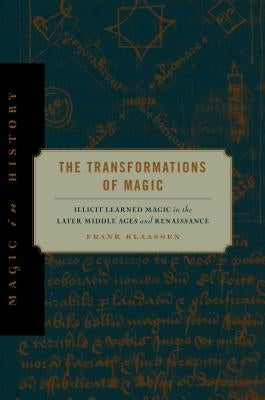What is theology?
$15.99
Standing on His Promises
$14.49
Technē
$34.00
The Apostles' Creed
$14.99
Telekinesis Bible
$10.99
The Coming Prince
$10.98
Hope: Love's Greatest Gift
$12.95
Leading Well
$29.99
The Message of Malachi
$20.00
The Message of Jonah
$25.00
Better Than Okay
$29.99
Beginning Meditation
$15.32
Open and Closed Doors
$21.95
Pray This Way
$16.95
Addio: See You In Heaven
$10.00
A Time to Search
$15.99
The Holy Bible: No Free Will
$12.99
Love's Oneing
$17.95




















































